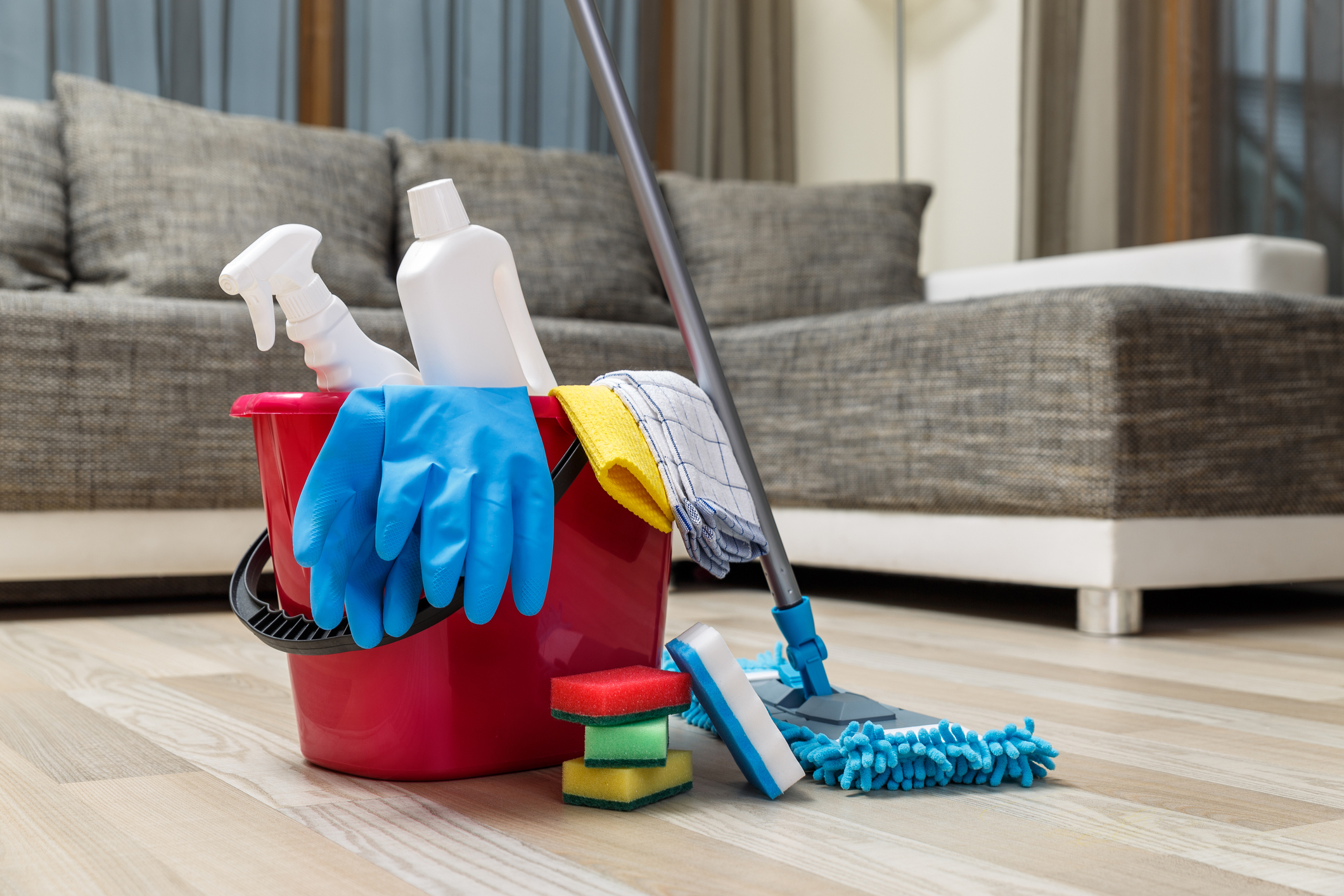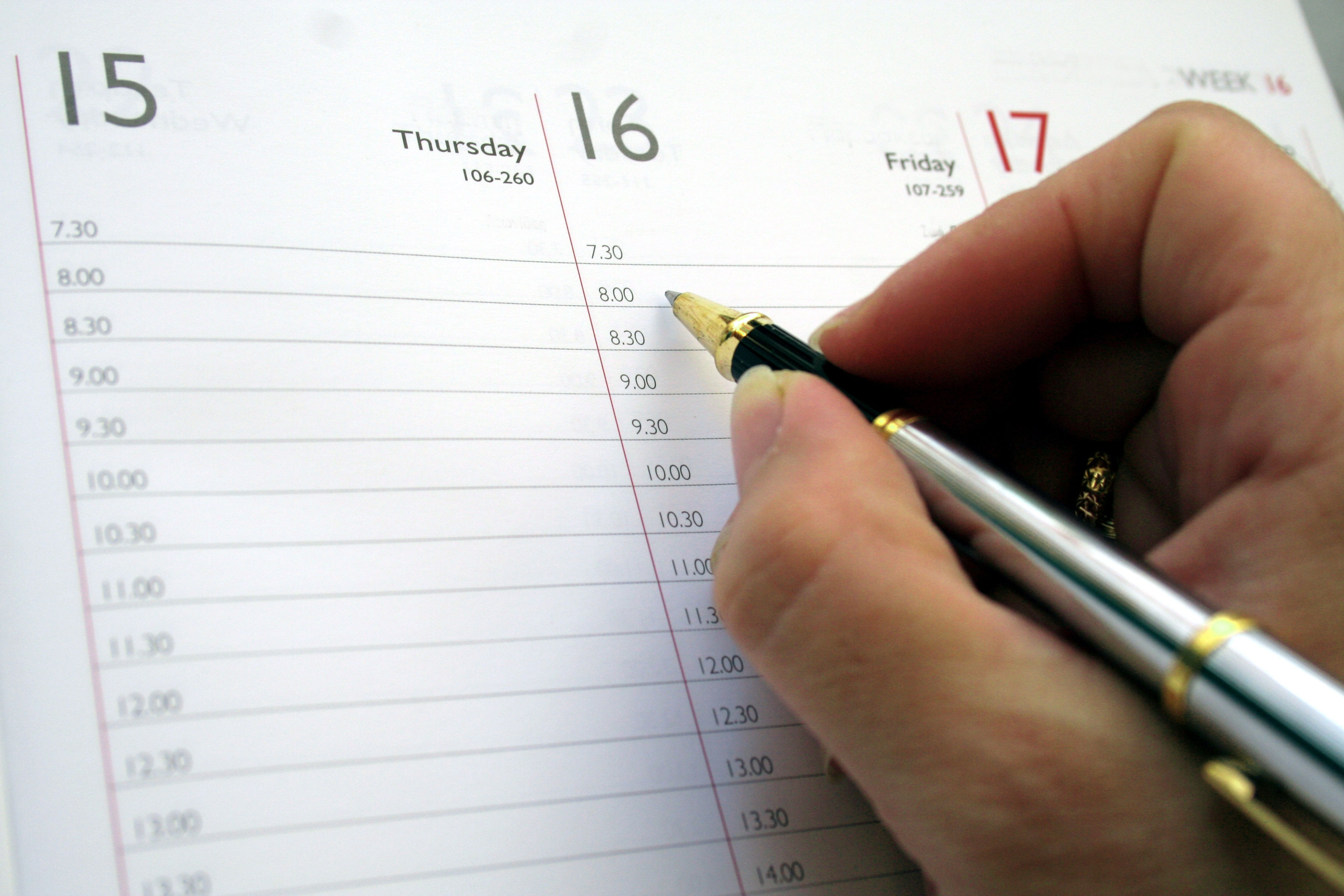3 productivity lessons I learnt from our Housekeeping team
Written by Riley Heng, Head of Marketing at MetroResidences

Productivity lessons can come from anywhere.
Fun fact: Every employee at MetroResidences is required to tag along with the housekeeping and partake in housekeeping duties as part of our staff orientation—no matter if you have a business degree from Harvard Business School or not. This is one productivity class you don’t really get anywhere else.
Why do we do that?
Reason 1 – With our housekeeping team travelling to various apartments in a day, it’s a great way for a new team member to learn more about the apartments managed by us.
Reason 2 – Housekeeping is not an easy job, and this is when we find out how our housekeeping heros are nailing every cleaning assignment.
The apartment that you have stayed in/are staying in may have been cleaned by someone who’s managing the website you see today! Anyway, I embarked on my housekeeping duties during my first week with the company. Here are my 3 biggest productivity lessons from the team.
Lesson 1: Importance of creating a routine
Routine planning is not just a thing for kids. You can supercharge your personal productivity with a clear routine, day in, day out.
The team manages the cleaning of different serviced apartments in multiple locations every day, and they will not be able to complete their work for the day without excellent time management skills. It all boils down to creating a routine while working with the differences in a day’s work.
Preparation for the day’s work starts the evening before when the team lead details the following day’s cleaning schedule, which includes the duration each team should spend in every apartment. The next morning, the team goes through this schedule, prepares the linen and cleaning items required and we head over to the first stop at 9 am. Everyone gets on with their tasks at the apartment and I too, made myself useful, helping out with the vacuuming and changing of linen. Two apartments later, I got into the rhythm of things and we established a sequence of tasks in every apartment. It took a team of three approximately 15 minutes to complete the cleaning of an entire apartment. By 5:30 pm, all cleaning work was done and we were ready to head back to the office.
A routine tends to work well when one has a higher level of awareness in the time taken to complete an activity. This is why despite having to manage varying travelling duration and traffic condition, the team still manages to complete their work on time.

Lesson 2: Accept changes and setbacks with grace
Cleaning schedules are planned to optimise time while causing minimal disruption to every guests’ lifestyle.
On Day 2 of cleaning, we were about to enter an apartment for the scheduled cleaning but was told to come back later in the evening as the guests were still resting. This would have disrupted the day’s schedule and the team may likely have to work overtime to accommodate this change. Everyone wasted no time in lamenting about the changes and instead, quickly got into a discussion to reshuffle the day’s work and rework the day’s route to maximise time. At the end of the day, we avoided a dip in productivity. We returned to this apartment at 5:45pm and completed the cleaning at 6pm!

Lesson 3: Assume responsibilities and take initiatives
Our serviced apartments come in different sizes and that means that we may complete our task faster than the others. However, I noticed that no one waits around while the others work, or works slower to be on the same pace as others. The fastest member assists the rest or finds ways to make the task more convenient for the others so the team would finish the cleaning in the shortest possible time.
Structurally, housekeeping duties are not too different from our day-to-day work in the office. Here are some ways that I have implemented those lessons into my work:
- List out the list of pending tasks each day, prioritise them and allocate the time I should spend on each activity. This also comes in handy when a last-minute work comes in and I could clearly review my schedule and pick a less urgent task to replace the work with.
- When this schedule didn’t work out for a day, review it again and improve it for the next day.
- When setbacks happen, take a deep breath and focus on the task, not the emotions.
- Have a clear idea of your key responsibilities, write them down if you have to.
- Never stop asking “how can I help to make things better?”; a stronger team means higher efficiency.
Highly efficient people or teams are not powered by magic. We’re living in a world where working smart matters and it’s about finding and incorporating the right habits into our life and work. Only then you can optimise and maintain productivity levels, year after year.




